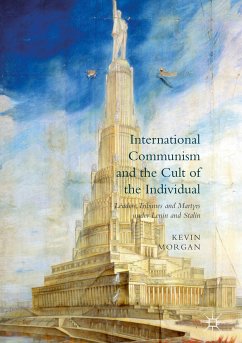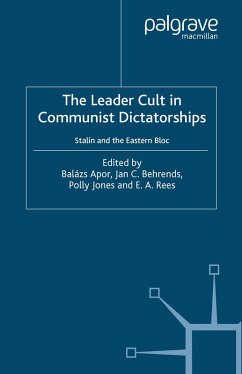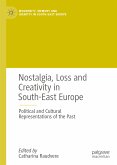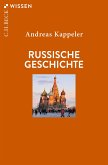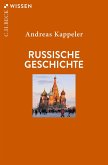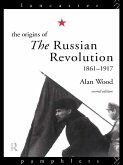Dieser Download kann aus rechtlichen Gründen nur mit Rechnungsadresse in A, B, BG, CY, CZ, D, DK, EW, E, FIN, F, GR, HR, H, IRL, I, LT, L, LR, M, NL, PL, P, R, S, SLO, SK ausgeliefert werden.
"Kevin Morgan has performed an inestimable service for students of international communism. ... as a study of non-Soviet communism, Morgan's book is excellent. Now that it has been published, one cannot claim to understand communism outside the SovietUnion without having read it and incorporated into one's own analysis of the phenomenon the many insights it thankfully contains." (Jay Bergman, English Historical Review HER, Vol. 135(564), October, 2018)
"This is a work of considerable accomplishment and erudition. It displays a deep familiarity with the available literature on individual leaders. It is enlivened with telling insights into the appeal of the cult, its multi-faceted forms, the variations between countries, and the appeal which it carried for followers and acolytes." (E. A. Rees, European History Quarterly, Vol. 47 (4), 2017)
"Morgan's wide-ranging and penetrating discussion greatly advances our understanding of personality cults in general. ... This very fine and thoroughly researched book will be of great interest to scholars of political leadership and of communist and fascist movements. Not only are its case studies superbly conducted; it offers a conceptual framework that can be adapted and applied to many movements and leaders who are beyond the remit of the book itself." (Stephen Gundle, Labour History Review, Vol. 82 (3), 2017)

